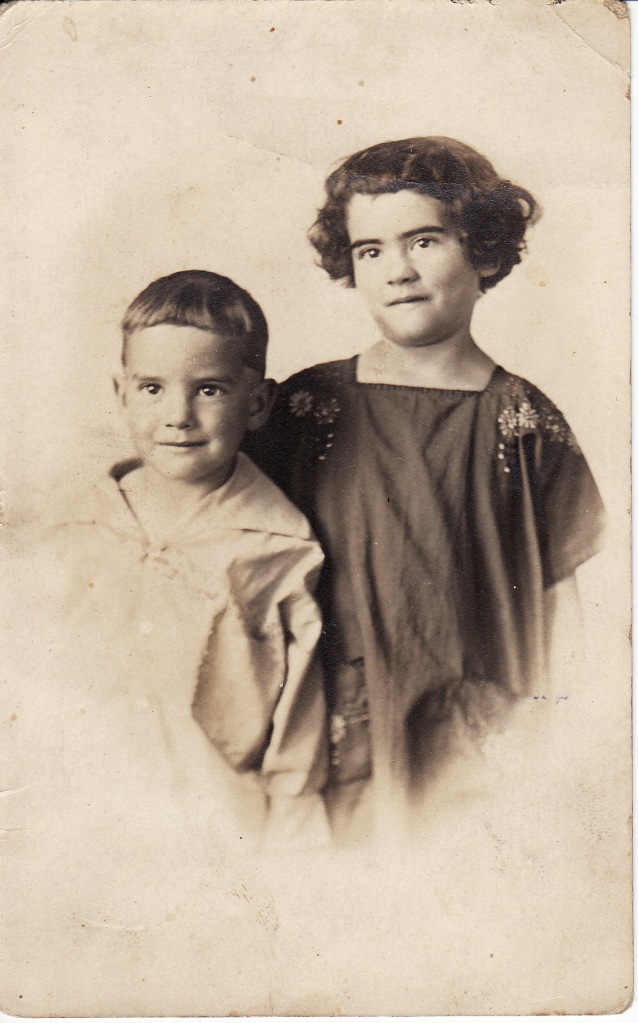2020
About a year before my Huntington’s Disease diagnosis, I was told I was ‘just depressed’ by a neurologist. I was having perceptible changes in my cognition and coordination. She didn’t believe me when I said I wasn’t depressed. She said the cognitive test results were due to depression.
Several years ago a doctor wrote “conversion disorder?” in my chart when I complained about neurological symptoms consistent with Meniere’s. 10 years before my daughter was diagnosed with it.
Other Medical Gaslighting
I was prescribed antidepressants for back pain from a ruptured disk in my spine.
Appendicitis didn’t ‘sound serious enough’ to come in. I found another doc who sent me to the ER. After spending 7 hours in the ER waiting room, even with the referral… it didn’t look serious enough.
1/3 of my hamstring and all of another tendon ruptured from the bones where they attach in my hip.
5 orthopedists and 3 rounds of physical therapy and the result was “you’ll have to live with the pain,” for 6 years. Until I insisted on an MRI.
My heart rate couldn’t have anything to do with HD, a neurologist said. Cardiac issues are one of the major causes the death HD patients and >25% are bradycardic.
Arthritis that ‘couldn’t have anything to do with the HD’, another neurologist said. There’s at least one genetic link.
Oh, and Covid-19… I couldn’t get a test because this county wasn’t taking it seriously back in March. I’m now donating plasma because I have antibodies.
Is It Just Me? (Nope.)
What was I doing to make these people think I am faking? Or a hypochondriac? Or anxious or depressed when I told them straight out that I wasn’t?
If I let my mind wander, I do run-throughs of doctor visits. I assume I won’t be taken seriously or believed. I create lists and run through dialogues in my head. The thought of seeing another doctor stresses me out.
I expect the knowledge a doc has (and I pay for) to be equal to or better than my google searches.
Rare Diseases Or Not, You May Be Told Nothing is Wrong
“The length of time from symptom onset to an accurate diagnosis is around 4.8 years for a rare disease. Patients see an average of 7.3 physicians before a diagnosis is made.”
But it’s not just rare diseases: the tendon and disk ruptures were easy enough to see via MRI. Yet I wasn’t taken seriously enough to get imaging done until I returned and asked for it.
Doctors Aren’t Corrected
“I was surprised to realize just how little feedback doctors receive on their diagnostic errors. …A woman with an autoimmune disease may go to four different doctors, and the doctors who didn’t properly diagnose her may just see her as a stressed woman and don’t get the memo down the road when she’s properly diagnosed. It becomes a self-perpetuating problem that feeds into the stereotype that women are just stressed-out hypochondriacs.” –Vice, How Doctors Gaslight Women..
There’s no system in place to correct a bad diagnosis. I felt so traumatized that I wrote them letters and told them what the correct diagnosis was. I got zero replies.
I’ll keep trying. And if you’re not being diagnosed correctly, know you’re not alone. And once you get the answer, tell the other doctors.
See something? Say something. That way, they know it’s not just you. Or me.
